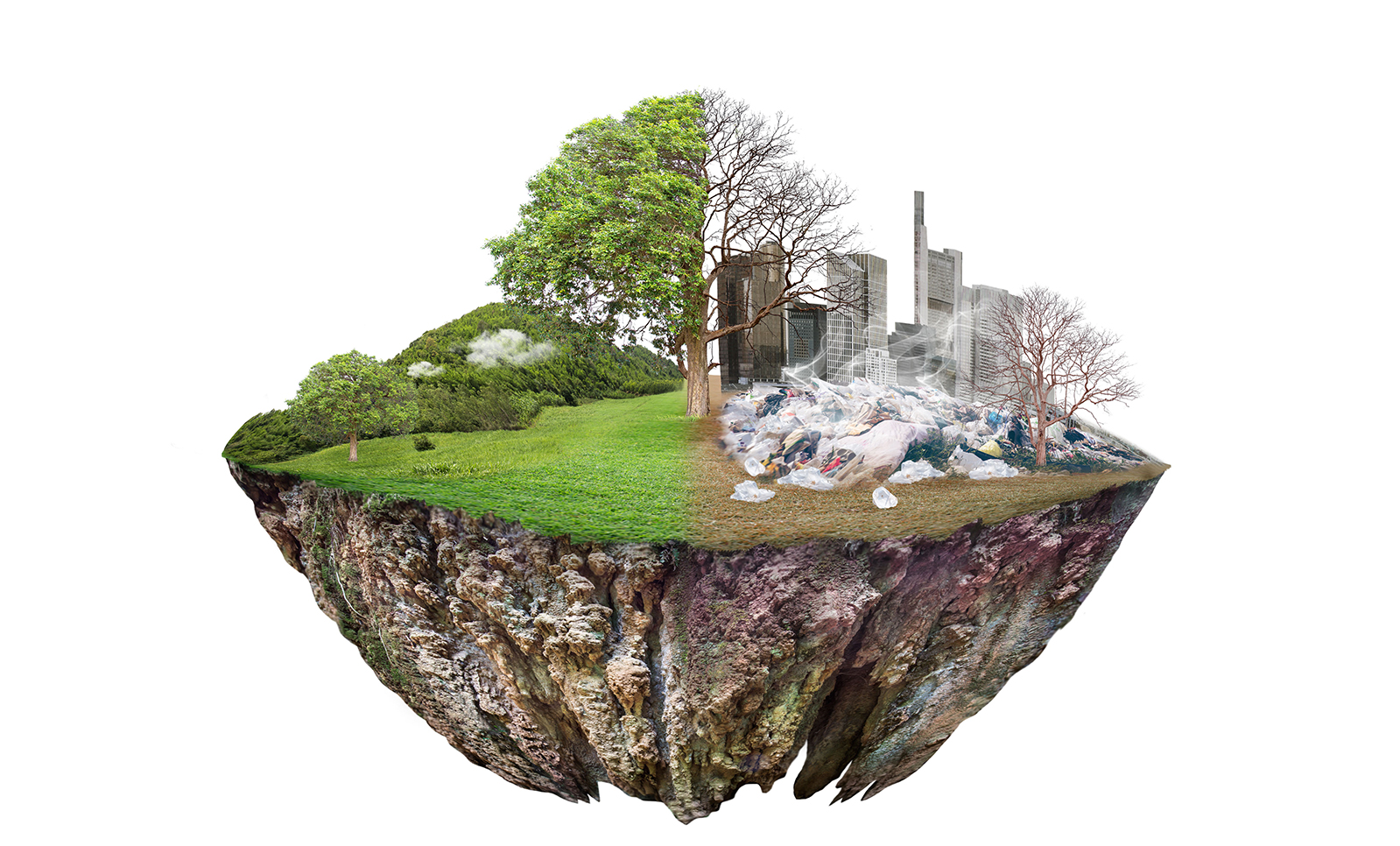- Small steps towards sustainability have a big cumulative impact
Getting started with sustainability in your company can be a struggle even if you believe it is the right thing to do. There are so many different schools of thought and this can make it seem a daunting prospect. Believing that simple and pragmatic first steps are genuinely worthwhile will avoid our positive plans being held back through lack of confidence. The biggest impact on sustainability will be made by the cumulative impact of millions of small actions. You don’t have to be perfectly sustainable from day one – doing your sustainable best is more than good enough.
- Simplicity is key to a flying start
While you might aspire for your business to become a B-corp – more on these later – if you’re an SME at the beginning of the journey you can explore some much easier things that you can implement right now. Using the 3 R’s rule as a touchstone to all decision making is a fantastic launch pad that will quickly begin to shape a more sustainable operational model for your company. The 3 Rs are:
· Reduce
· Reuse
· Recycle
- How to think sustainably
We chatted with Roisin Meredith, Founder and Head Brewess, at Sussex based Wildling, who’s tried to make her water kefir business as sustainable as possible from day one. Here are her top tips
· Run every business decision through a sustainability filter
· Sense check all your choices
· Focus on adopting sustainable principles moving forward
· Don’t feel you have to revisit all your earlier decisions
· Accept that it’s not always possible to make the most sustainable choice
· Making the next best choice is good enough
· Doing something is always better than doing nothing
As an example, Roisin would ideally only use mushroom-based packaging for her products, but until greater economies of scale emerge in this supply chain, it simply isn’t an affordable option for Wildling. So meanwhile she’ll use the most sustainable packaging she can and will switch when it becomes commercially viable to do so.
- It’s not a one size fits all
Some of us prefer a more structured approach to making and monitoring change and there are some fantastic free tools to help us evaluate where we are now and set goals for where we’d like to get to. One such option is the acclaimed Ellen MacArthur Foundation’s Circulytics performance model which you can use as a framework for action. It can help your company to become more circular, build long-term growth and tackle global challenges such as climate change and pollution.
- It’s not as hard as you think
As a student of Circular Economics, Dougal Fleming at Alistair Fleming Design highly recommends Circulytics and shared the steps they’ve now implemented to change the design, manufacture and installation processes for their bespoke cabinets and furniture:
· A reduction in the amount of wasted virgin materials
· A move to Bulb - a renewable energy supplier
· Implementing renewable energy solutions like solar power and heating
· Refining their design process to minimises production errors
· Ensure only things destined to be installed are manufactured
· Design in future maintenance and reparability
· Only use materials with structural longevity and proven ethical origins
As Dougal said “Every business decision we make, even the small ones, includes a consideration about our environmental impact. When we look back at all these together we’ve come a long way.”
- What is a B-Corporation?
Once you feel you’ve achieved as much as you can internally you may well start looking for external certification to ensure that your sustainability actions have maximum impact. One such option is becoming a Certified B Corporation and TekRefresh is very proud to be starting its B Corp journey. B-Corps are businesses that:
· Meet the highest standards of social and environmental performance
· Balance profit with purpose
· Evaluate their overall positive impact
· Redefine the measure of success away from pure profit
· Want to create a more inclusive and sustainable economy
· Measure their entire performance from their supply chain to employee benefits
· Envisage a global economy that uses business as a force for good
- Take your first step
In our experience once you start to embed sustainable thinking in your business model and begin to make small changes, other things that you might consider doing differently become more obvious. Considering the views of all your stakeholders – workers, customers, suppliers, local community, the environment and shareholders will help you to set and prioritise viable goals. Being realistic about timelines will avoid disappointment and sharing these goals outside of your business is not exposing a current weakness. It’s simply an open acknowledgement that maximising sustainability in any business model is a journey of many inter-connected steps.
